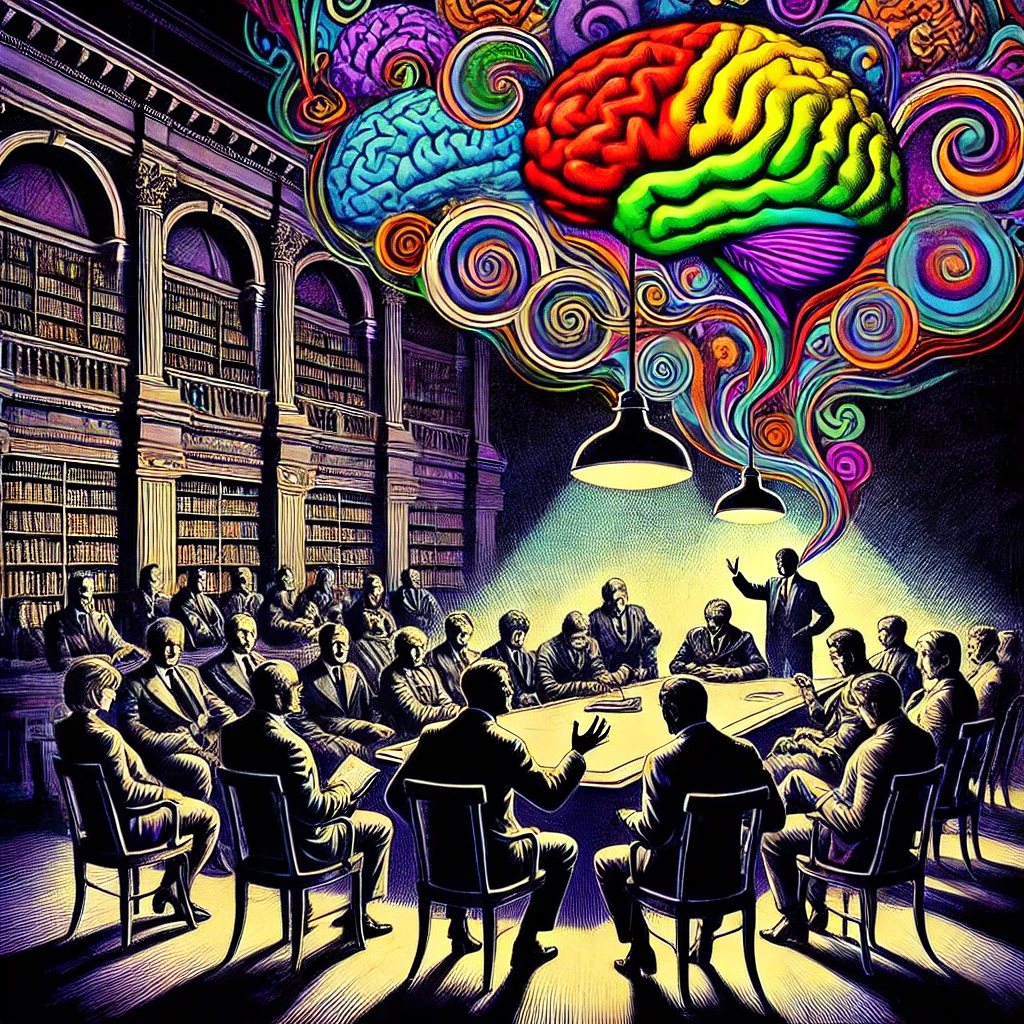Library of Congress symposium — Music and the Brain
Music and the Brain: Depression and Creativity Symposium. Music and the Brain: From Mode to Emotion in Musical Communication. Music and the Brain: The World in Six Songs. Music and the Brain: The Music of Language and the Language of Music. Music and the Brain: Music, Criminal Behavior, and Crime Prevention. Music and the Brain: The Mind of an Artist.
http://milbert.com/articles#music_and_brain_symposium

The Library of Congress Symposium on Music and the Brain is an interdisciplinary event that explores the relationship between music and neuroscience. Hosted by the Library of Congress, this symposium brings together leading researchers, clinicians, musicians, and educators to discuss the latest findings and developments at the intersection of music and brain science.
The symposium covers a wide range of topics related to music and the brain, including:
1. **Neurobiology of Music Perception**: Researchers present findings on how the brain processes music, including areas of the brain involved in music perception, memory, emotion, and motor coordination.
2. **Music Therapy and Rehabilitation**: Clinicians and therapists discuss the use of music as a therapeutic tool for treating neurological disorders, such as stroke, Parkinson’s disease, Alzheimer’s disease, and autism spectrum disorders. They explore how music therapy can improve cognitive function, motor skills, speech and language abilities, and emotional well-being in patients.
3. **Music and Developmental Neuroscience**: Experts discuss the role of music in brain development, learning, and education. They explore how exposure to music in early childhood can enhance cognitive development, language skills, social-emotional development, and academic achievement.
4. **Music and Mental Health**: Presenters examine the impact of music on mental health and well-being, including its role in reducing stress, anxiety, and depression. They discuss the therapeutic benefits of music listening, music-making, and group singing for promoting mental wellness and resilience.
5. **Music and Aging**: Researchers investigate the effects of music on cognitive aging and neurodegenerative diseases, such as dementia and Alzheimer’s disease. They explore how music interventions can enhance quality of life, memory, and emotional expression in older adults.
6. **Neuroscience of Musical Expertise**: Musicians and neuroscientists discuss the neural mechanisms underlying musical expertise and skill acquisition. They explore how intensive music training shapes brain structure and function, enhances auditory perception and motor skills, and influences creativity and improvisation.
7. **Ethnomusicology and Cultural Neuroscience**: Scholars explore the cultural and cross-cultural dimensions of music perception and cognition. They examine how musical traditions and practices vary across cultures and how cultural context influences the neural processing of music.
By bringing together experts from diverse disciplines, the Library of Congress Symposium on Music and the Brain provides a platform for interdisciplinary dialogue and collaboration, advancing our understanding of the profound connections between music, the brain, and human experience.